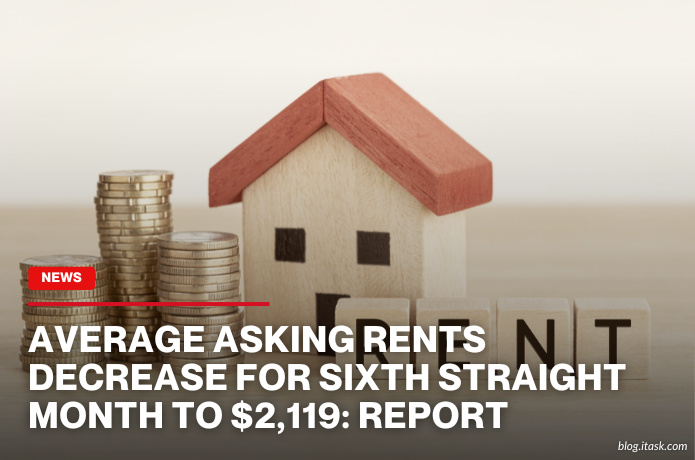Average asking rents decrease for sixth straight month to $2,119: report
Average asking rents decrease for sixth straight month to $2,119: report

Average asking rents across Canada fell to $2,119 in March 2025, marking the sixth consecutive month of year-over-year declines, according to a report by Rentals.ca and Urbanation. This trend indicates a continued cooling in the rental market following years of significant increases.
The report attributes the decline to several factors, including a surge in apartment completions, a slowdown in population growth, and a weakening economy. These elements have contributed to a softer rental market, providing some relief to tenants who have faced escalating rents in recent years.
Regionally, Ontario and British Columbia, traditionally among the most expensive provinces for renters, experienced notable decreases. Ontario saw a 4.7% year-over-year drop in apartment rents to an average of $2,332, while B.C. experienced a 0.5% decrease to $2,487. Conversely, Manitoba led all provinces with a 5% annual increase in rents, reaching an average of $1,618.
In major urban centers, the trend of declining rents was evident. Toronto recorded a 7.6% annual decrease in apartment rents, bringing the average down to $2,615—a 30-month low. Vancouver's rents fell for the 14th consecutive month, with a 5.2% year-over-year decline to $2,896. Calgary also saw a significant drop, with rents decreasing by 6.0% to $1,925.
Despite the recent declines, rents remain substantially higher than in previous years. The report notes that average asking rents are still 16.8% higher than they were five years ago, reflecting the long-term upward pressure on rental prices.
Urbanation president Shaun Hildebrand suggests that the downward trend in rents may continue in the near term, given the current economic conditions and housing supply dynamics. This potential for continued decline could offer further affordability for renters across the country.
